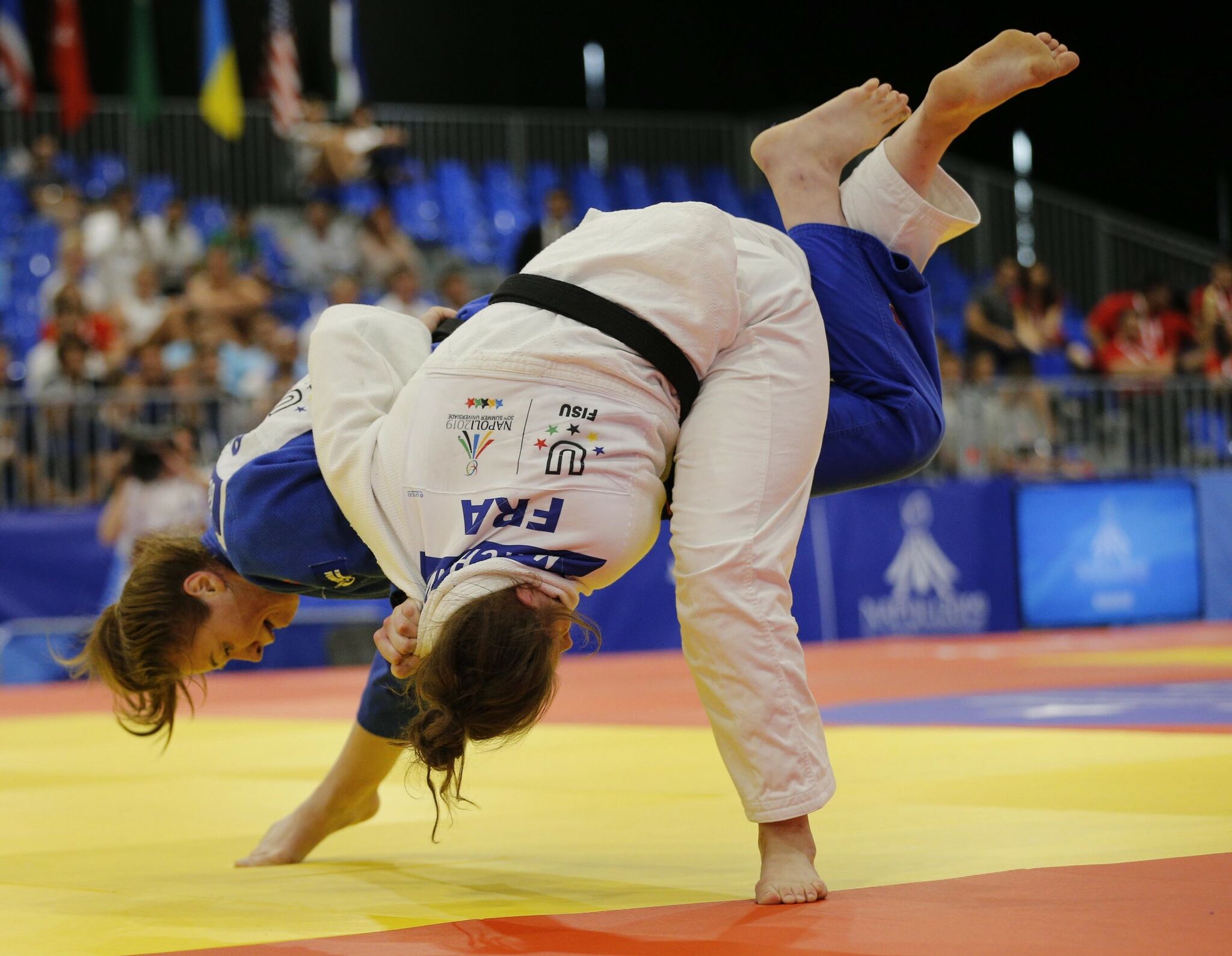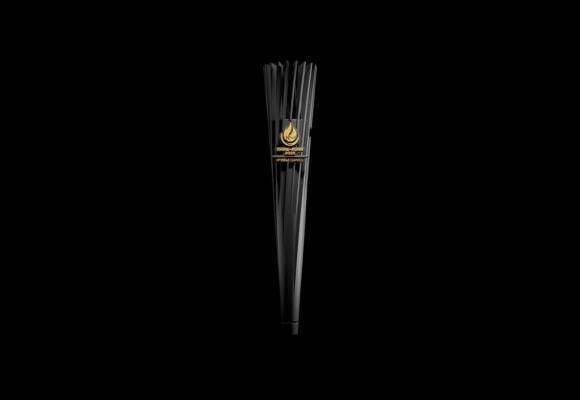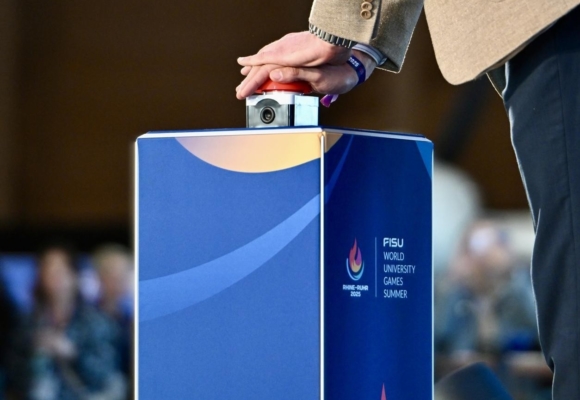For the 14th time in FISU World University Games history, judo will be on the competition programme at the Chengdu 2021 FISU Games.
It was first on the programme in Tokyo in 1967 as an optional sport and was an optional sport five more times before becoming compulsory in time for the Bangkok 2007 FISU Games. 18 FISU World University Championships Judo also took place with the first held in Prague, in the former Czechoslovakia, in 1966.
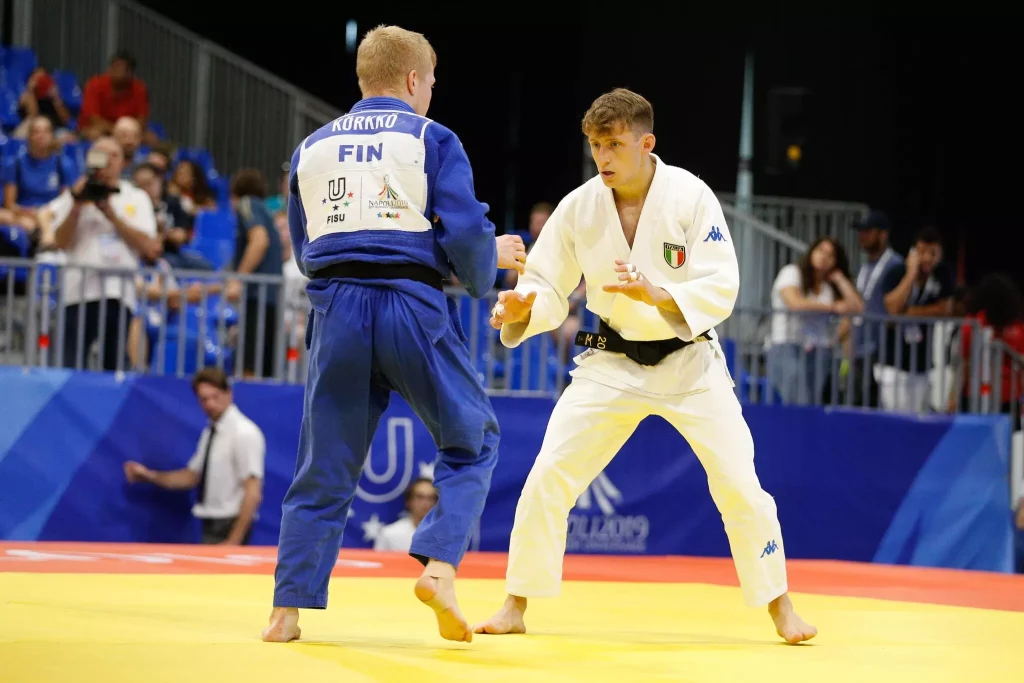
Professor Jigoro Kano is known as the Father of Judo. In studying various aspects of jujutsu, he arrived at, what he called, an all-pervasive principle – to make the most efficient use of mental and physical energy. He then reviewed attacks and defensive principles to only retain those in alignment with this principle and to add other techniques that met this belief. This formed the basis for judo and the formation of the academy he created in 1882, the Kodokan in Tokyo.
The name judo itself is made up of two Chinese characters. ‘Ju’ means gentleness and ‘do’ meaning principle or way, which speaks to the basis for the practice Professor Kano created. As a professor of politics and economics at Gakushuin, a school for the youth of aristocracy in Japan, he saw value to education and learning in the practice of judo and how those interplayed. Rapid growth at the Kodokan took place and across the country, helped by the fact the police, Navy, schools, and universities all adopted the practice and study of judo.
As the Japanese diaspora spread outside the country, especially with immigration to the United States and its west coast, as well as Brazil and Argentina, judo too began to grow in popularity around the world. Professor Kano himself visited North America and Europe to support growing and new clubs. Great Britain, Germany, and France, in particular, helped pave the way for the growth of judo from practice to sport. Other methods of judo, including the Kawaishi method, which was popularized in Europe, also began to form toward the midway part of the 20th century.
The Kano Method was to have appeared at the 1940 Olympic Games scheduled for Tokyo, but with the outbreak of WWII, those Games never took place. 24 years later at the 1964 Tokyo Olympics, men’s judo first appeared on the programme. In the middle of that timeframe, the International Judo Federation (IJF) was formed in 1951 that further helped sportify judo and helped it develop into the widespread sport and practice seen across the globe. This is no more evident than by the existence today of 204 nations as members of IJF.
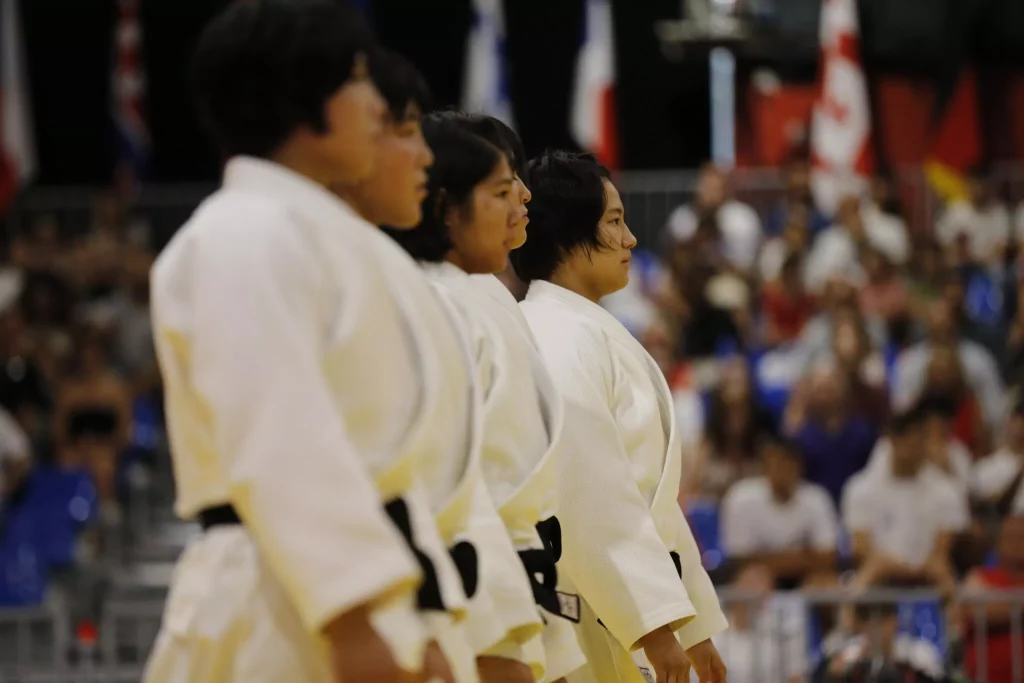
16 medal events will take place in women’s and men’s judo competition at the Chengdu 2021 FISU World University Games. Competition will take place at the spectacular new Jianyang Cultural and Sports Centre Gymnasium, in Chengdu’s Jianyang district. Both women’s and men’s competition will feature seven weight categories (-48kg, -52kg, -57kg, -63kg, -70kg, -78kg, +78kg for women | -60kg, -66kg, -73kg, -81kg, -90kg, -100kg, +100kg for men) as well as a team event for each gender.
Four consecutive days of competition in judo commence 29 July. Keep up on all the action with the Chengdu 2021 FISU Games official site and by watching events on FISU.tv.
The following sources provided information for this article:
Judo | Definition, History, & Facts | Britannica;
History / IJF.org;
Origin of JUDO (onlinejua.org)
Written by Doug McLean
